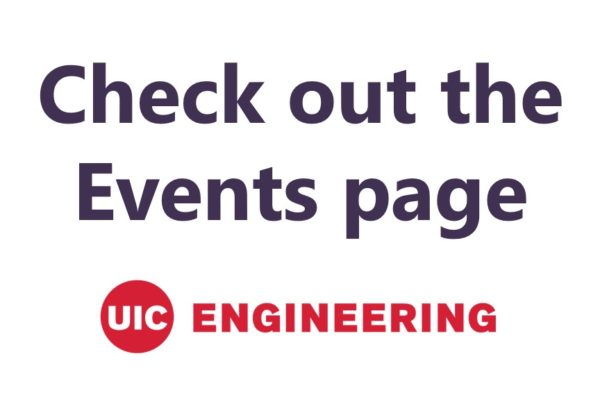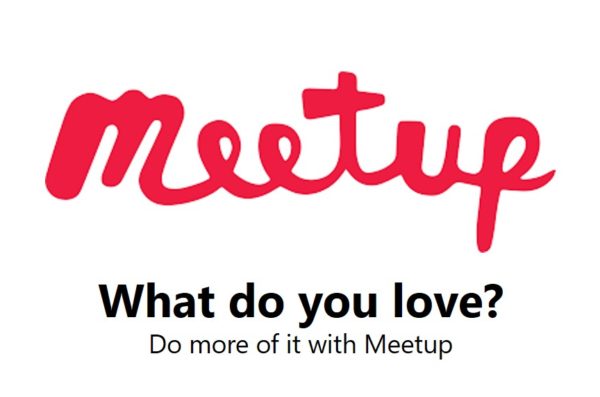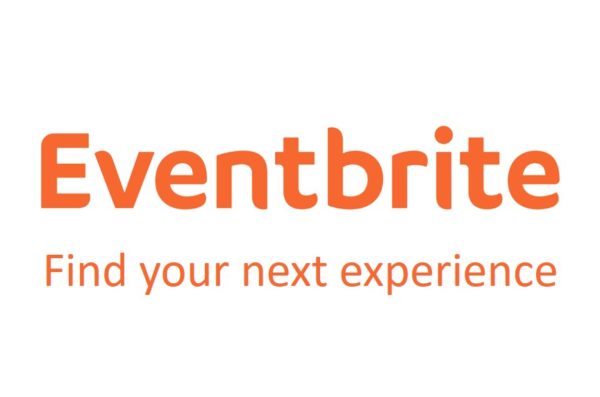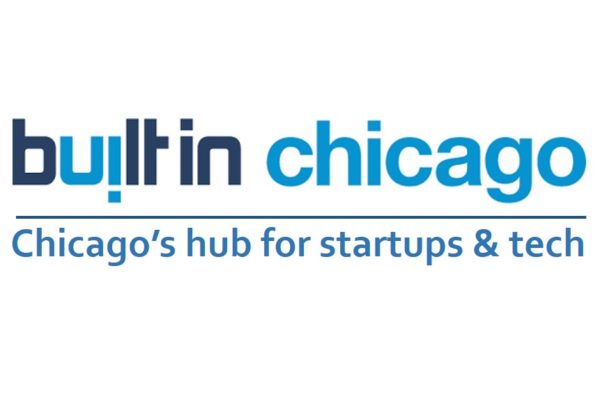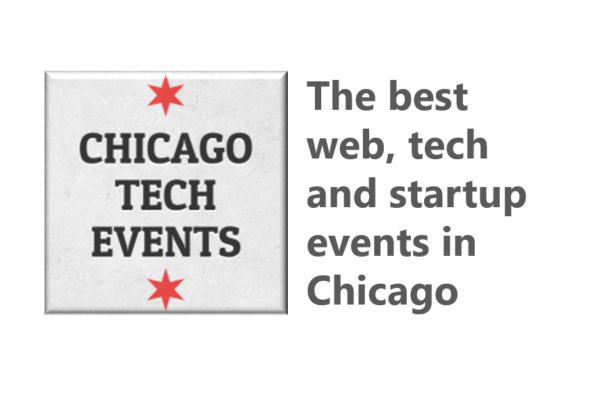Professional Introduction & Networking
Developing professional connections (aka networking) is part of a successful job search strategy. Building a strong network of professional contacts now will help you throughout your career! But before you start networking, you should develop your own professional introduction (elevator pitch) to you can use when meeting other professionals so you are ready to share who you are and what you have to offer!
Click here for a guide on creating your elevator pitch.
Click here for a worksheet to help you write your professional introduction (elevator pitch)!
Informational Interviewing is an effective way to learn more about the industries you are interested in. Learn more about it below:
Tips for Building Professional Connections (Networking)
What is networking?
Networking is simply a word to describe connecting with people in your chosen professional field. It’s a process of developing professional relationships that will help you grow your career.
You probably network regularly without realizing it (e.g. speaking with professors about your career goals, meeting a recruiter at a career fair and following up with a LinkedIn connection request, or asking a friend’s parent who’s also an engineer about how they got into engineering).
Why is networking important?
- Believe it or not, as many as 80% of new jobs are never posted online; they’re obtained through networking.
- Companies receive hundreds of applications for a single job post. If a recruiter has to review 300-400 resumes for one job, how is your resume going to stand out? (Hint: the answer is that you can stand out by networking.)
Is it weird or inappropriate to approach strangers to ask for help?
Not at all! Most working professionals have obtained at least one job or internship through networking. Engineers and other professionals have been in your shoes before, and some will be happy to help you. Not everyone will be receptive or have time to help, though. If one person can’t help, find someone else who can.
Where and with whom can I network?
Your network is a lot bigger than you think. Anybody you have ever met is part of your network, including but not limited to:
- family
- friends
- neighbors
- co-workers
- professors
- high school teachers
- classmates from all years of school
- people who interview you for internship/jobs
- UIC alumni (try searching on Linkedin!)
You can network at real-time events (including career fairs, trade shows, networking-focused happy hour events, student org meetings, Career Center employer events) or virtually over email and LinkedIn. Check out events both on- and off-campus to talk to people who are working in your desired field(s).
How can I be a successful networker at in-person networking events?
- Identify networking events to attend.
- Find a friend to go with.
- Set a realistic goal to make 3-5 connections at a networking event. Make sure to ask for a business card from each one so you can keep in touch.
- Get to an event early to get comfortable with the environment.
- Focus on asking questions to help ease into conversation. (e.g. How did you hear about this event? What does a typical day look like for you? What’s most rewarding/challenging about your job?)
- DON’T ask them right away for a job or to refer you for an open position at their company! This can come across as pushy or aggressive.
- Practicing talking to people in a professional context is a sure way to get more confident with networking!
- Follow up with the people you meet by sending a personalized connection request on LinkedIn. But don’t bombard them with messages if they don’t reply! If they don’t reply after you send 2 follow-up messages (it’s best to leave one full week in between these messages), find someone else to connect with. See our Following Up page for more info on this topic.
If I don't want to go to in-person networking events, how can I network online?
For networking virtually through email or LinkedIn:
- Identify a person who works at a company that you want to work for or learn more about.
- Send them a personalized note mentioning something you have in common (UIC alum, they had the same major as you in college, from the same geographic area, both interested in a specific field or industry, etc.).
- Ask if they have a few moments to speak with you about their company or field.
- DON’T ask them right away for a job or to refer you for an open position at their company! This can come across as pushy or aggressive.
- If they agree to meet or speak with you on the phone, come prepared with questions and use their time wisely — don’t ask for more than 30 minutes of their time. You reached out to them, so they will expect you to lead the conversation.
- You can ask them about what they do at their job, why they chose their field of work, how they chose their current company, what they studied in school, what they like or don’t like about their company, and any other questions related to the career field they are in. Don’t ask them to refer you for job opportunities at their company until they’ve gotten to know you and you have earned their trust.
- Once you’ve spoken with a new professional connection, this person is now in your network! Make sure to stay in touch with them periodically so you don’t lose touch.
Sample Message sent through a LinkedIn connection request:
Hi {NAME},
I’m an engineering student at UIC thinking about my overall career path. I’m interested in {INDUSTRY} and want to network with professionals in your field. I saw that you went to UIC as well! Would you be open to a conversation with me about what you do at {COMPANY NAME} and how you’ve gotten there?
Thanks!
{YOUR NAME}
Emailing new connections? View our tips for writing a professional email
Opportunities to Connect
groups
-
Suggested Meetup Groups to Attend
-
Career-Focused Companies to Follow
